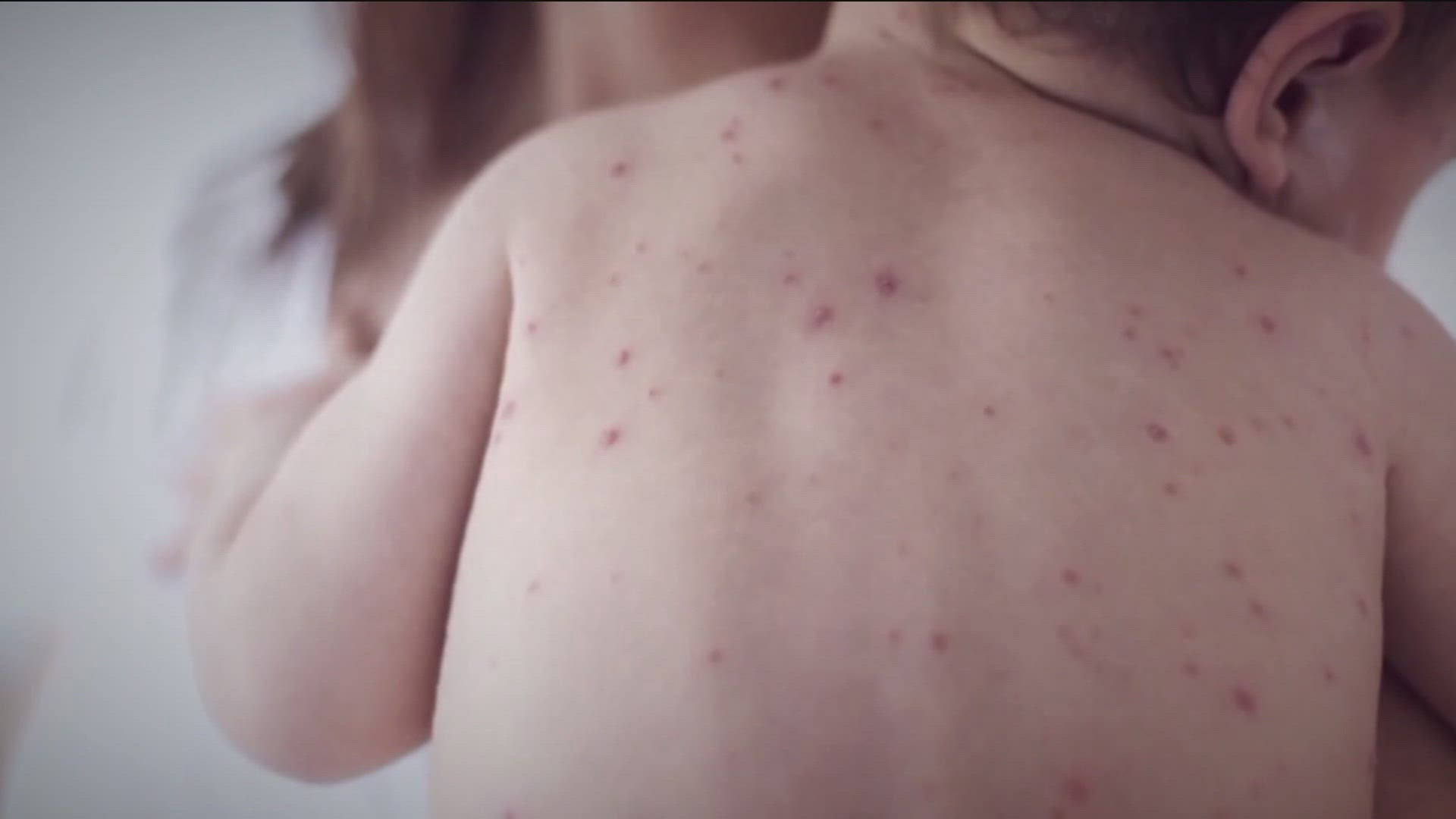MINNEAPOLIS — As kids head back to school this fall, pediatricians and public health experts in Minnesota are emphasizing the importance of getting vaccinated against measles.
The Minnesota Department of Health reports 36 measles cases so far this year, the highest number since 2017. Although the U.S. introduced a vaccine in the 1960s and the disease was declared eliminated in 2000, measles has made a comeback in recent years as vaccination rates have dropped. Children are recommended to get a Measles, Mumps and Rubella (MMR) shot at roughly one year of age, and then a second between four and six years of age.
"Measles is actually one of the most contagious illnesses that we know of," said Dr. Gigi Chawla, the vice president and chief of General Pediatrics at Children's Minnesota. "Measles doesn't really have any boundaries. It will spread to whomever is not vaccinated."
Since the pandemic started, Minnesota's MMR vaccination rate has tumbled well below the national average. At the start of the 2019-2020 school year, 92.6 percent of kindergartners had their full MMR doses, but that number dropped to 87.7 percent at the start of the 2022-23 school year.
In an interview earlier this year with KARE 11, leading expert Dr. Michael Osterholm of the University of Minnesota raised the alarm about declining vaccination rates. At the time, the CDC had issued a national alert about measles, although Minnesota had not yet recorded a case.
"I think the state is doing everything that it can to encourage parents to vaccinate their children," Osterholm said at the time. "The problem is, we're seeing a very rapid increase in kids not vaccinated and that is an absolute recipe for disaster."
The World Health Organization suggests about 95 percent of the population needs to be vaccinated for full community protection.
"When you have 'community immunity' because everyone around that case has been vaccinated, the virus essentially burns out," Chawla said. "It doesn't have anywhere to go in order to have the illness propagating in the community."

